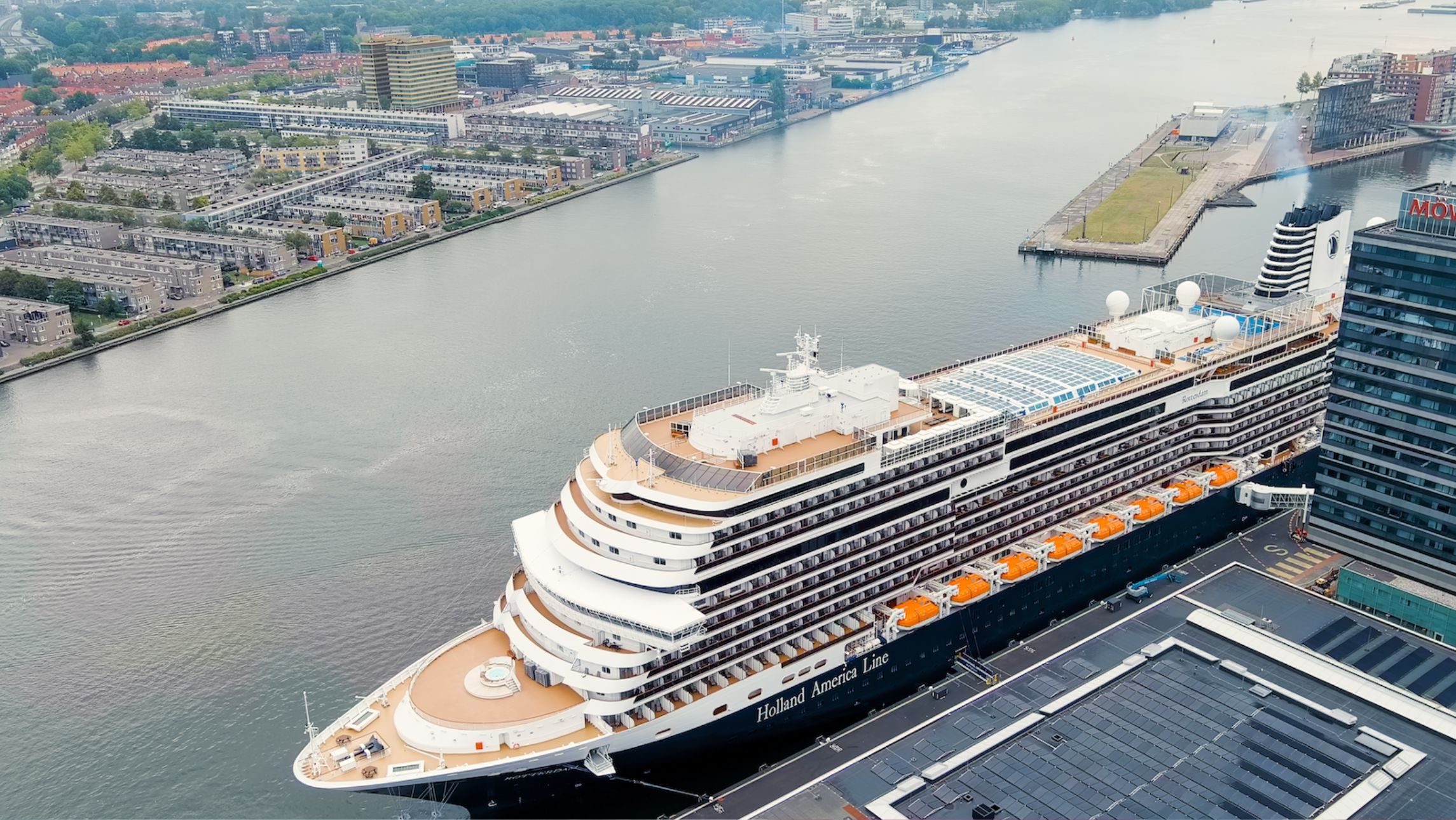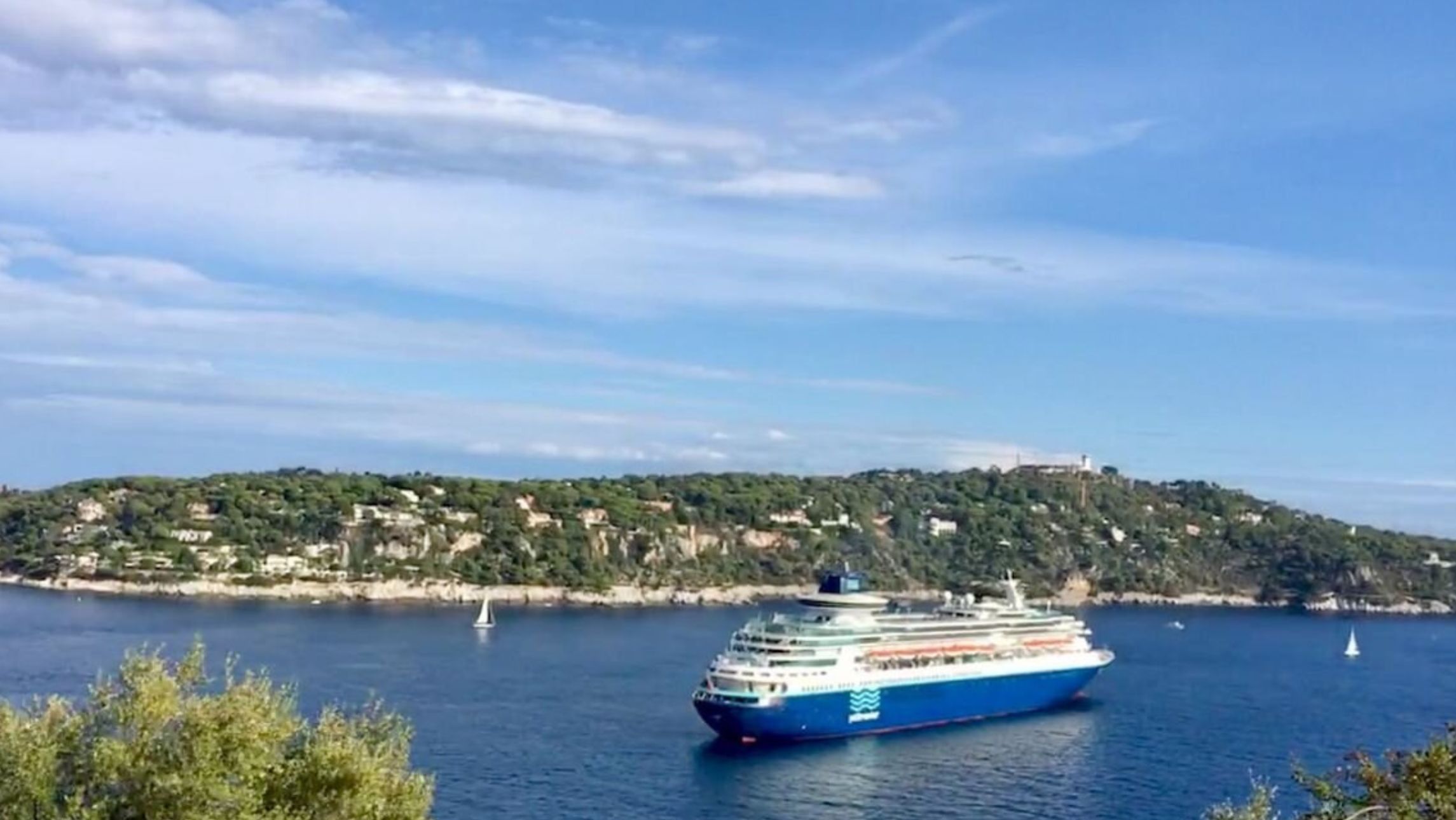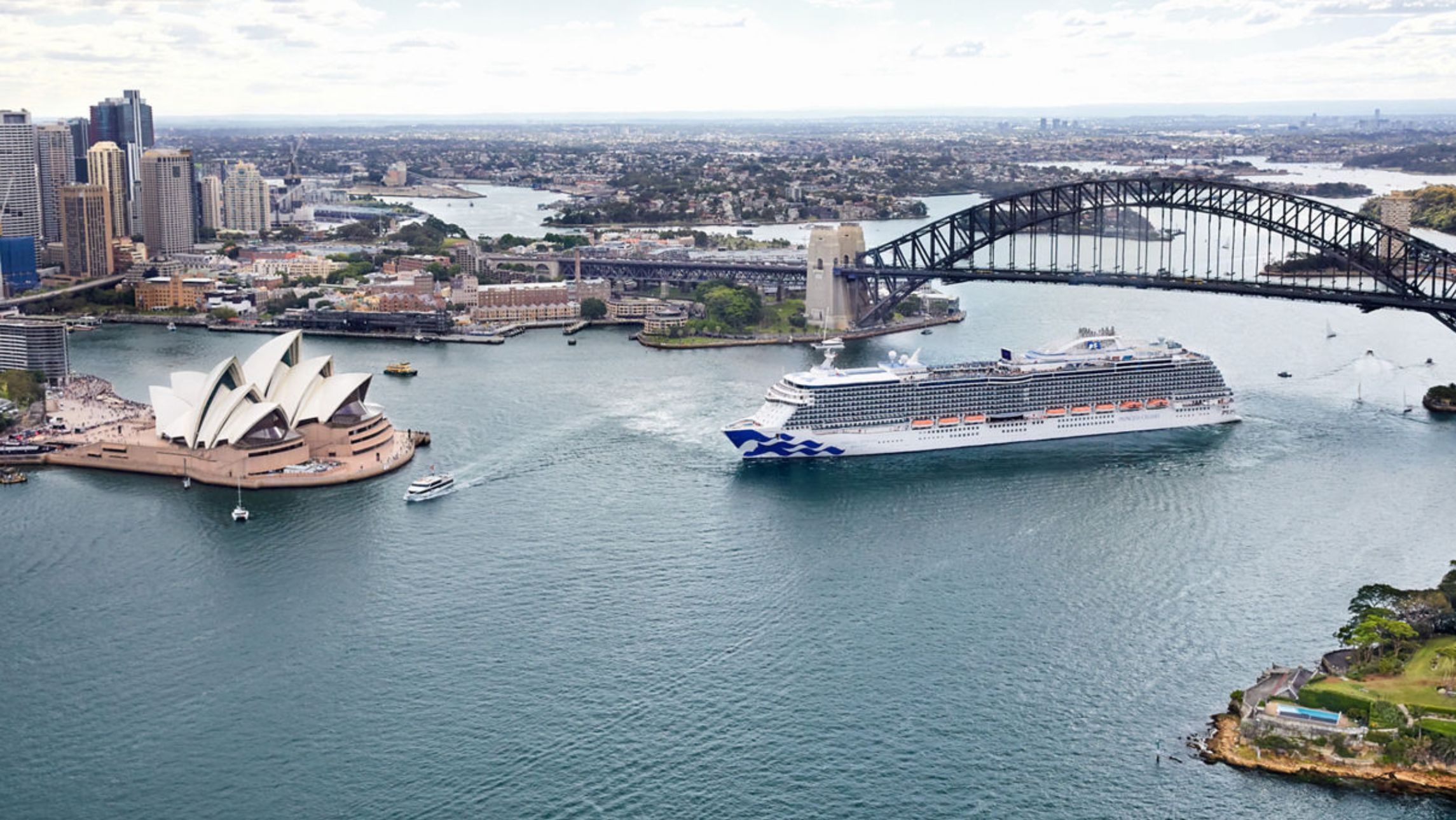The Trump administration banned cruises and other leisure travel to Cuba from Wednesday, June 5, affecting nearly 800,000 passenger bookings.
The US Treasury Department announced the sanctions on Tuesday and said that those who have already purchased flight tickets or made other travel reservations won’t be affected.
However, many major cruise lines which had stops in Cuba like Royal Caribbean, Carnival Cruise Line, MSC Cruises and Norwegian Cruise Line have announced that they are pulling out of the island.
A statement by Cruise Line International Association (CLIA) says, “Without warning, CLIA Cruise Line Members are forced to eliminate all Cuba destinations from itineraries effective immediately. This affects nearly 800,000 passenger bookings that are currently scheduled or already underway.”
“We are disappointed that cruises will no longer be operating to Cuba. While out of our control, we are genuinely sorry for all cruise line guests who were looking forward to their previously booked itineraries to Cuba.” said Adam Goldstein, chairman of CLIA.
CLIA statement on Cuba: pic.twitter.com/9YRwzcIXsr
— CLIA | Cruise Lines International Association (@CLIAGlobal) June 5, 2019
Carnival Cruise Line announced on their website that they are replacing their calls to Havana with an alternative port for 2019/20 itineraries. Guests booked on 2019 Cuba sailings have three options: remain on the sailing: receive US$100, per person, onboard credit; move to another itinerary: receive US$50, per person, onboard credit or cancel the booking and receive a full refund.
Other lines under Carnival Corporation like Holland America Line and Seabourn have also been affected. “We appreciate your patience while we work to confirm replacement ports of call. Finalized details will be provided to booked guests and their travel advisors on or before June 15,” says Seabourn.
(1/3) Cuba Travel Policy Update: Effective immediately, the U.S. government has implemented new regulations that prohibit travel from the U.S. to Cuba by cruise ship. This change requires us to immediately replace all Cuban ports.
— Royal Caribbean (@RoyalCaribbean) June 5, 2019
Royal Caribbean announced that they have secured alternative ports for 2019 sailings on Majesty of the Seas and Empress of the Seas. For 2020 sailings, they are still working to secure alternative itineraries and will provide an update within the next week. “We are in the process of communicating the new itineraries to our guests and travel partners,” says Royal Caribbean in a statement.
“For these guests, they will have the option of remaining on their sailing with the new itinerary and receiving a 50% refund or they may cancel their cruise and receive a full refund.”
MSC Cruises is also affected by the latest sanctions. The MSC Armonia which is currently sailing the Caribbean will visit alternative ports of either Key West, Florida; Costa Maya or Cozumel in Mexico; George Town, Cayman Islands.
Guests on current and future sailings on MSC Armonia will be given:
- $400 USD per stateroom as onboard credit. If this credit is not fully used during the cruise, MSC Cruises will refund the difference upon check-out from the ship. Any shore excursions in Havana that were pre-purchased before the cruise, or which are included in the ticket, will be automatically refunded to the Guest’s onboard account.
Guests on future sailings that were scheduled to visit Cuba will also have the possibility to change ship and itinerary. “MSC Cruises will waive fees and transfer already paid funds to the new booking. If the guest chooses to cancel the cruise completely, normal cancellation penalties will apply,” says the line in a statement.
On Norwegian Cruise Line, sailings beyond September 2, 2019 will be automatically cancelled and refunds will be applied to the original form of payment. Guests impacted by these cancellations are offered a 20% discount off current cruise fares on any new voyages booked by August 5, 2019 for sailings no later than December 31, 2020.
Meanwhile guests booked on Cuba through September 2, 2019 have two options:
- Sail the revised itinerary and receive a 50% refund of the cruise fare paid as well as a 50% future cruise credit valid through December 31, 2020.
- Cancel the booking and receive a full refund. If guests choose this option, we must be notified no later than June 11, 2019, midnight EST.
Cuba Travel Policy Update 6/6/19 (Tweet 3/7): Guests who booked Cuba sailings with us will be contacted very shortly with detailed communication. Please bear with us as we carefully work through each sailing. See full update here: https://t.co/zzK7fam0Iz
— Norwegian Cruise Line (@CruiseNorwegian) June 6, 2019
The newly imposed sanctions are geared towards restricting non-family travel to Cuba and made in response to the Cuban government’s support of Venezuelan leader, Nicolas Maduro.
The State Department announced that “going forward, the United States will prohibit US travelers from going to Cuba under the previous ‘group people-to-people educational’ travel authorization. In addition, the United States will no longer permit visits to Cuba via passenger and recreational vessels, including cruise ships and yachts, and private and corporate aircraft.”
A State Department spokesperson for Western Hemisphere affairs said the new restrictions “steers American dollars away from the Cuban regime, and its military and security services, who control the tourism industry in Cuba.”
Commercial flights from the US will continue to be permitted as they “broadly support family travel and other lawful forms of travel,” according to the spokesperson.








